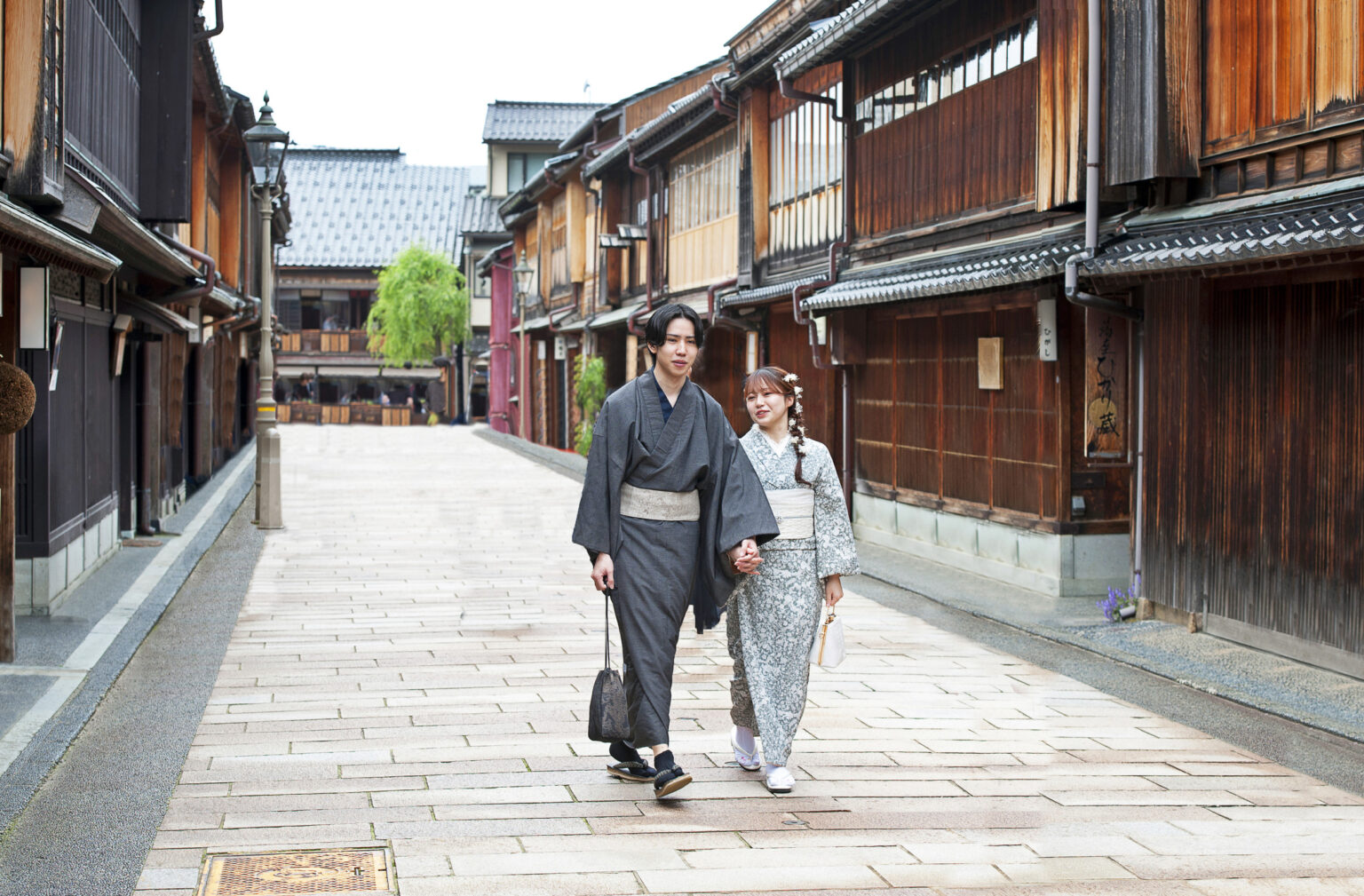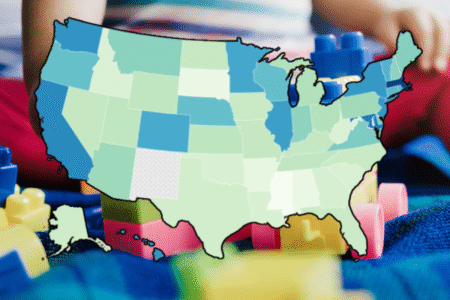Japanese officials are reaching out to young people to try to understand why they’re not getting married as the country struggles to reverse its declining birth rate.
“We would be grateful if we could hear your real voices—what you are thinking, what is preventing you from making your wishes come true,” said Ayuko Kato at a government meeting on helping young Japanese find partners, The Guardian reported. Kato is the minister of state tasked with policies related to the birth rate,
The number of marriages in Japan fell to 474,717 last year, the lowest figure since the end of World War II. Marriages strongly correlate with births in Japan, where fewer than 3 percent of children are born outside of wedlock.
The Children and Families Agency, which hosted the July 19 meeting, cited a 2021 survey in which 48.1 percent of women and 43.3 percent of men between the ages of 25 and 34 said they had not found a suitable partner.
Japan’s fertility rate, or the number of births expected per woman, dipped to a record low of 1.2 last year. Meanwhile, people over 65 now account for over 30 percent of the country’s “super-aged” society.
This demographic shift has policymakers fearing for the future of Asia’s second-largest economy. Prime Minister Fumio Kishida has made reversing the declining birth rate a national priority.
“We know that the issue of declining population is the greatest strategic challenge for Japanese society,” Foreign Ministry assistant press secretary Masashi Mizobuchi told Newsweek. “The government has been working to increase productivity, expand labor participation and achieve the desired birth rate.”
He said the Kishida government had “laid out a roadmap for putting a sustainable economy and society on track by the year 2030.” This plan includes measures related to aging and the birth rate, such as expanding child allowances.
Only 727,277 children were born in Japan last year, a drop of 43,482 from 2022 and the lowest figure since Japan began recording statistics in 1899, according to the Japan Broadcasting Corp. The Health Ministry described the situation as “critical” and warned that the country has until around 2030 to significantly boost its birth rate.
“At the same time, it is very important to create a system in which motivated and energetic elderly people and, above all, women can play an active role in Japan’s society and economy through reforms of work styles and other measures,” Mizobuchi said. He also stressed the need to attract skilled foreign workers to help fill gaps in industries facing labor shortages.
As of January 1, approximately 3.32 million foreign nationals were in the country, according to government statistics released Wednesday. The number of foreign residents has been rising and resumed its upward trend after a pause during the COVID-19 pandemic.
In June, the Japanese parliament updated laws to make it easier for some foreign laborers to stay longer in the country and change jobs within the same industry.
Read the full article here













